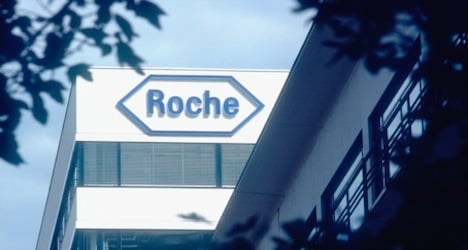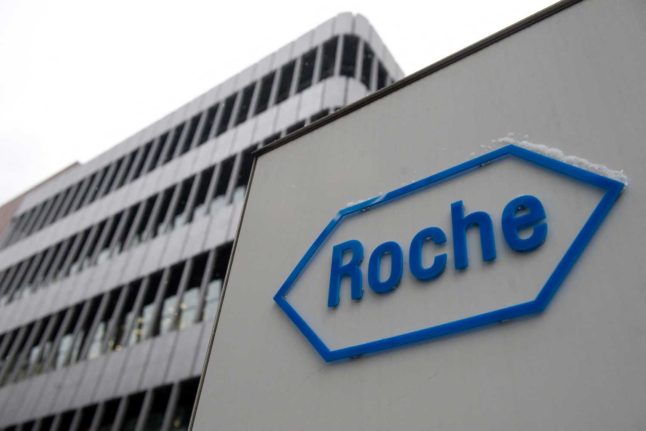India granted Herceptin a patent in April 2007 but said the company failed to protect its intellectual property rights for three other patents related to the best-selling drug.
The Kolkata Patent Office said Roche, which still holds an Indian patent on its main Herceptin invention, failed to turn up for hearings for the additional patents and filed incorrect paperwork.
"Before the patent controllers issued their decisions, the applicants (Roche) were given due opportunity of being heard but the applicants have chosen not to attend," the office said in a statement.
The Kolkata Patent Office objected to Roche's patent problems, reported at the weekend, being portrayed by foreign media as the latest in a string of intellectual property setbacks for multinational pharmaceutical firms in India's $13-billion drug market.
The patent office said in the case of Roche, it was following "due course of the principle of natural justice, gave the applicant the opportunity of being heard and then only finally disposed of the matter".
The Herceptin additional patents had "not been revoked" but the request for them was treated as "withdrawn" due to failure to follow prescribed steps, the patent office said.
The government does not normally comment at such length on patent issues but it has been under fire from the international drug industry and the United States over its series of rejections of patents accepted in other nations.
The country has been smarting from accusations it fails to uphold intellectual property rights – charges it strongly denies.
India's patent laws are, however, tougher than those in many other countries as part of its attempt to make medicines more affordable for its vast poor population.
It insists drugs must stand the "test of innovation" to be granted patents and refuses to allow so-called "evergreening" – the awarding of a patent for a small improvement to an existing medicine to extend the patent's shelf life.
Once drugs go off patent, they can be sold much more cheaply.
India, known as the "pharmacy to the world", has a huge generics industry that turns out cheaper copycat versions of life-saving branded drugs for poor patients in developing nations.
Roche spokesman Daniel Grotzky told AFP that the company could "confirm that the Assistant Controller of Patents at the Kolkata Patent Office has refused" Herceptin the additional patents.
"We are now considering the further course of action," he said in an email, adding he could not immediately comment on the Indian account of events.
Roche's drug, Herceptin, has become one of its most successful medicines, blocking the action of a protein that spurs tumour growth.
"The applicant may explore further legal possibilities, as they so desire," the Kolkata Patent Office said in its statement late Monday, without elaborating.
The Roche controversy comes after the Intellectual Property Appellate Board in India last week revoked a local patent granted to Britain's GlaxoSmithKline for breast cancer drug Tykerb, calling it an incremental improvement on anearlier drug.
The Roche patents were rejected for procedural problems rather than for intellectual property reasons.
Western drug-makers are seeking to win a larger part of India's rapidly expanding drugs market to compensate for slowing sales in advanced markets.
India earlier did not grant drug patents but changed the law in 2005 to allow them as part of a World Trade Organization agreement.



 Please whitelist us to continue reading.
Please whitelist us to continue reading.
Member comments